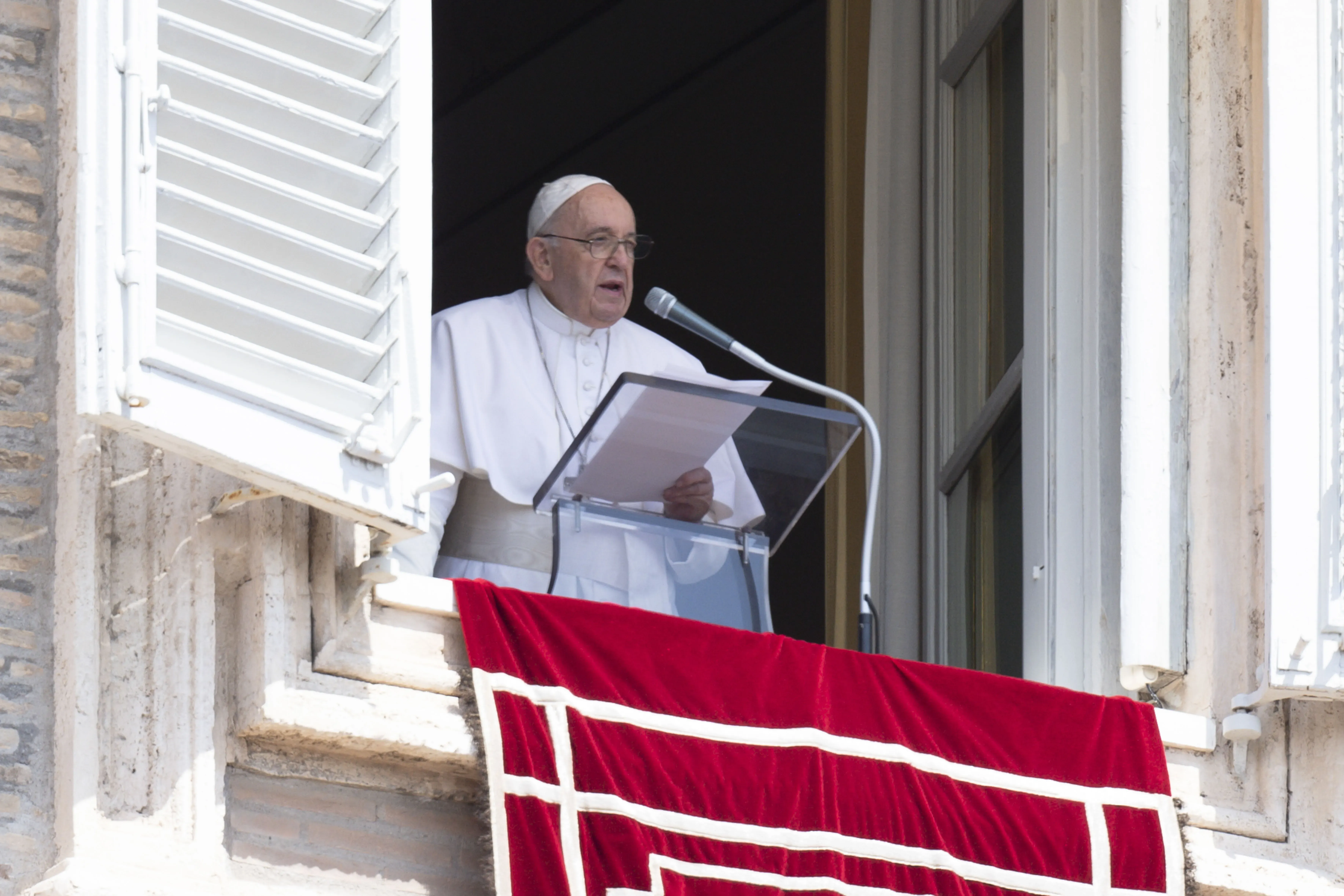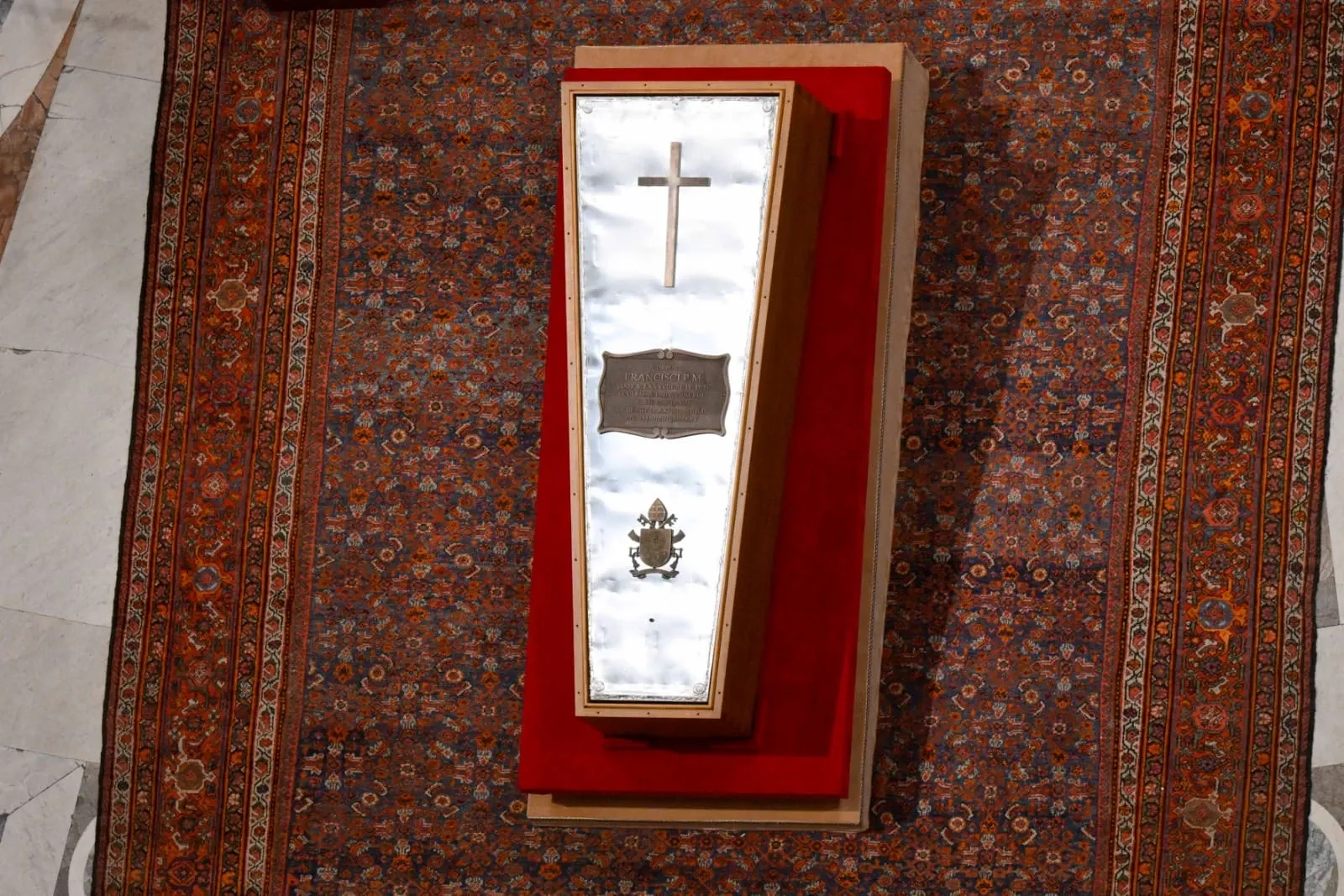Denver Newsroom, 15 August, 2022 / 8:25 pm (ACI Africa).
Reflecting on the Visitation during his Angelus address on Monday, Pope Francis reflected on the raising up to heaven of the humble handmaid of the Lord, and how that attitude is to repeated in our lives.
In the Magnificat Mary intends “to tell us … that God, through her, has inaugurated a historical turning point, he has definitively established a new order of things. She, small and humble, has been raised up and – we celebrate this today – brought to the glory of Heaven, while the powerful of the world are destined to remain empty-handed,” the pope said Aug. 15 in Saint Peter’s Square for the feast of the Assumption.
“Let us look at ourselves, and let us ask ourselves: will this prophetic reversal announced by Mary affect my life? Do I believe that to love is to reign, and to serve is power?”
Pope Francis continued: “Do I believe that the purpose of my life is Heaven, it is paradise? To spend it well here. Or am I concerned only with worldly, material things? Again, as I observe world events, do I let myself be entrapped by pessimism or, like the Virgin, am I able to discern the work of God who, through gentleness and smallness, achieves great things?”
The Magnificat, he said, is the “canticle of hope.” He reflected on the description of the Lord who “has brought down the powerful from their thrones, and lifted up the lowly.”








